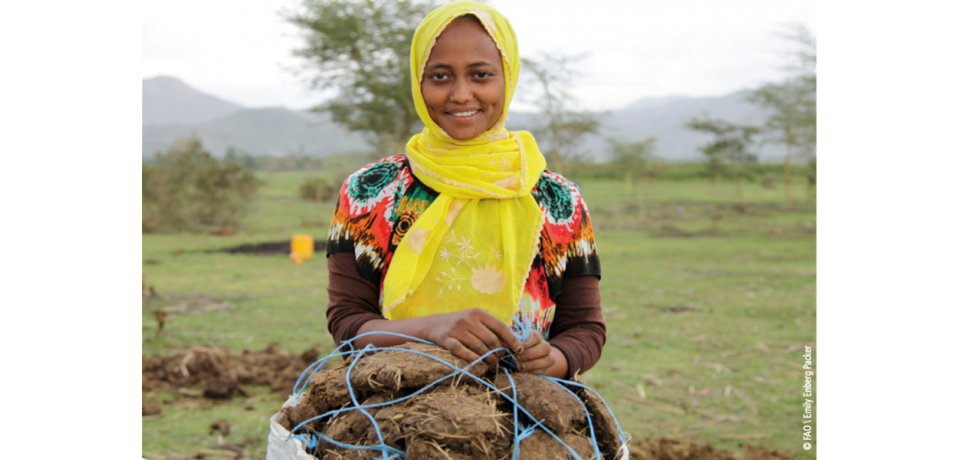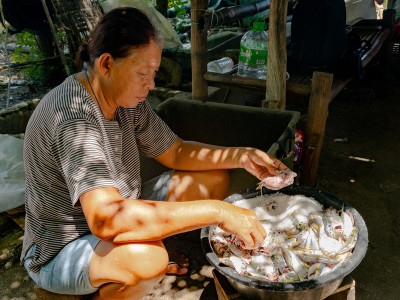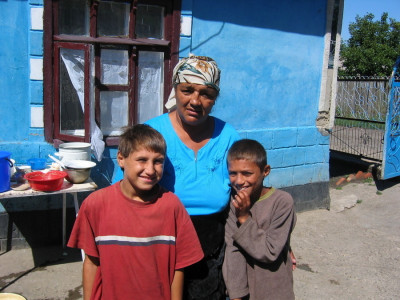The Rural Youth Mobility Project
Related Sustainable Development Goals and Global Compact for Migration Objectives
Summary
The vast majority of the poor and food insecure in Africa live in rural areas. Most of them view agriculture as a means for both sustenance and livelihood. However, given the associated difficulties of working in the agricultural sector and lack of appeal, many young women and men seek opportunity elsewhere.
Against such background, the Rural Youth Mobility Project carried out various activities in Tunisia and Ethiopia, which included research, technical advice at policy and programme level, piloting innovative mechanisms for the creation of youth employment opportunities for the rural youth, and capacity development to better address migration issues in the context of rural development and rural development in the context of migration.
Key objective
This project aims to create rural employment opportunities for youth and address the constraints that deter youth from contributing to agricultural activities by promoting viable employment opportunities for youth in rural communities which has the potential to make rural livelihoods more sustainable.
Main activities
Main activities supported by this project were:
- generating knowledge and increase awareness on rural migration,
- promoting innovative mechanisms for rural employment opportunities and enhancing the positive impact of rural migration on areas of origin, and
- building capacity and promoting policy coherence between migration and rural development.
Key successes or innovative factors, good practices and lessons learned (if available)
Migration-related data is needed to achieve sound and evidence-based policies on migration and rural development. Data on migration determinants, patterns, and impact on rural areas of origin help ensure that programmes and policies reflect the realities of migration. Under the project, studies were developed to test mixed methodologies for data collection to better analyze the drivers and impacts of rural migration. Although specific to the local contexts of Tunisia and Ethiopia, the data collected in the studies helped inform the action and serve as a good practice to be emulated.
Context-sensitive approaches should identify local problems and emerging challenges. The identification of problems and challenges faced by the communities were defined through a participatory approach with actors at local level. In addition to the consultations conducted, policy analysis was also undertaken to promote coherence between migration and rural development efforts.
Beneficiaries
- The Government of Tunisia and the government of Ethiopia
- Youth groups in rural area of Tunisia and Ethiopia



